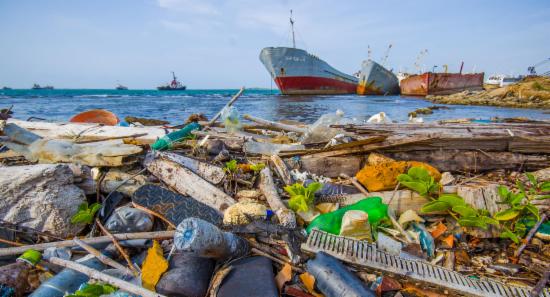.webp)

Sri Lanka’s Economic Crisis Linked to Decades of Flawed Tax Policy: HRW
COLOMBO (News 1st); A new report by Human Rights Watch (HRW) has revealed that decades of flawed tax policies in Sri Lanka have severely constrained government spending on essential services, undermining fundamental human rights, particularly the right to education.
The report identifies chronically low tax revenues, worsened by disastrous tax cuts in 2019, as a root cause of the country’s economic crisis.
Sri Lanka’s tax-to-GDP ratio has fallen to one of the lowest in the world, limiting resources for health, education, and social security.
HRW argues that the tax system’s regressive structure, heavily reliant on indirect taxes such as VAT, disproportionately burdens low-income households while failing to adequately tax personal income, wealth, and corporations.
The widespread use of corporate tax incentives, weak enforcement, and gaps in international tax frameworks have further eroded revenue.
“Sri Lanka’s tax policies have impacted human rights by starving the treasury of revenue for essential social spending, with particular focus on impacts that affect children’s right to education,” the report states.
The impact on education has been stark: schools have been forced to rely on parental contributions for basic materials like exam papers, highlighting systemic underfunding.
HRW calls on the government, led by President Anura Kumara Dissanayake, elected in September 2024, to implement progressive tax reforms, increase revenues from personal income and wealth, and eliminate corporate tax incentives lacking clear policy justification.
It also urges greater transparency and international cooperation to curb practices that allow multinational companies and wealthy individuals to avoid taxation.
As a signatory to the International Covenant on Economic, Social and Cultural Rights (ICESCR), Sri Lanka is obligated to mobilize “maximum available resources” to uphold rights, including education.
HRW stresses that aligning tax policy with human rights imperatives is critical to preventing future crises and ensuring equitable development.
Other Articles
Featured News





.png )









-810262_550x300.jpg)
-809496_550x300.jpg)



















.gif)